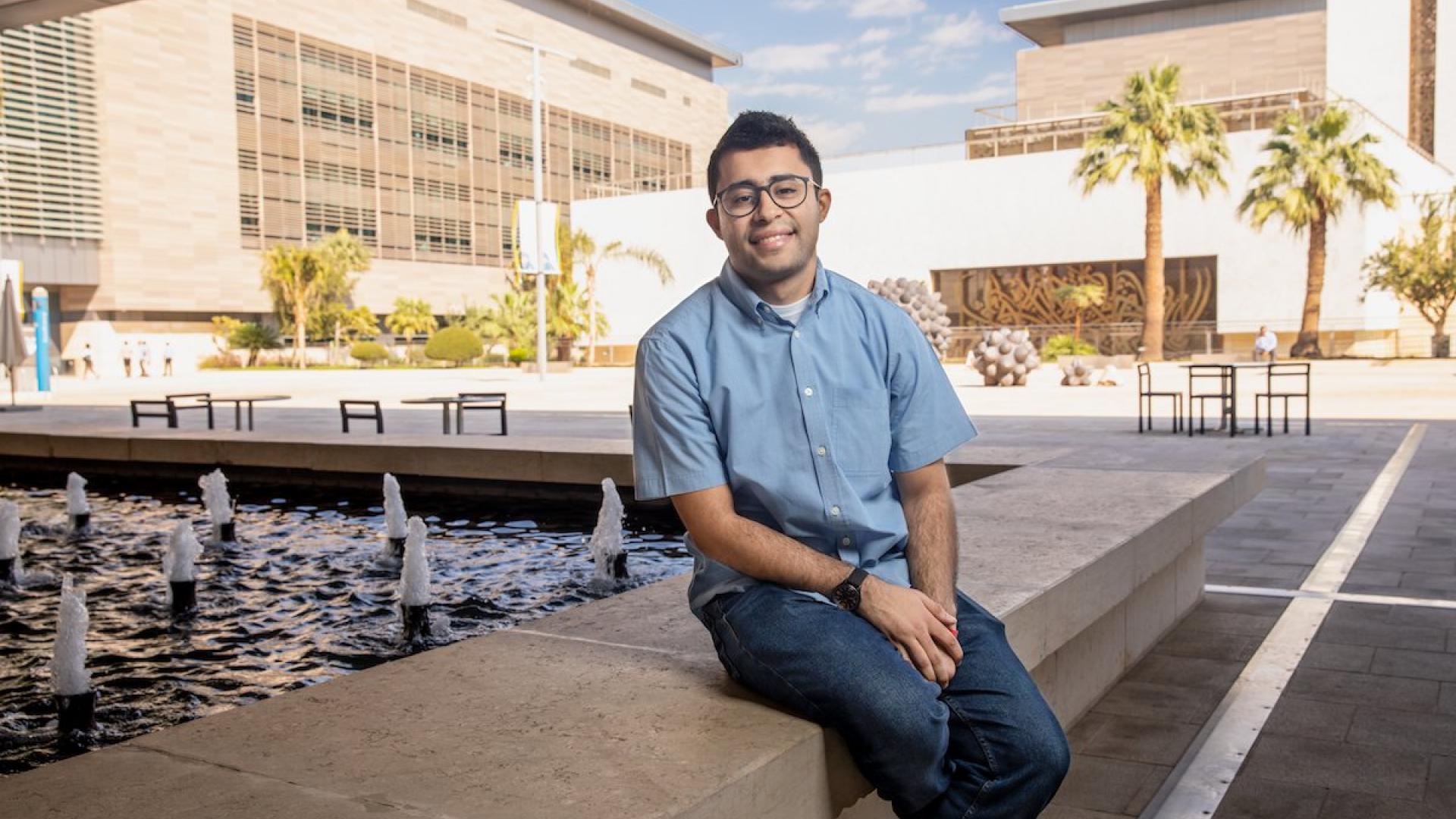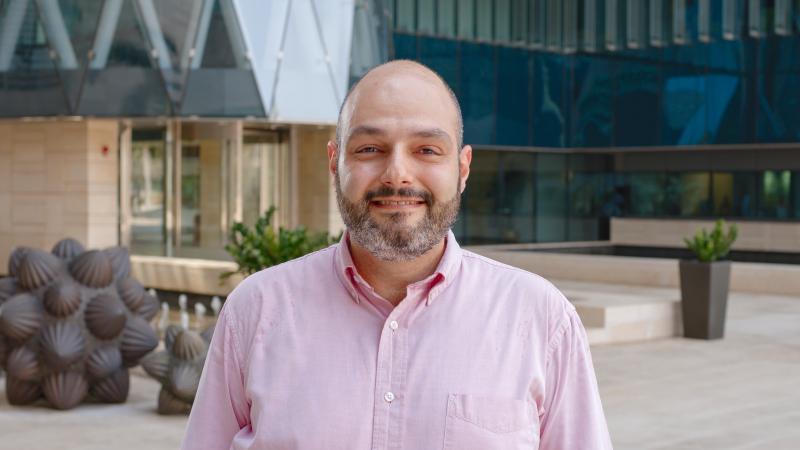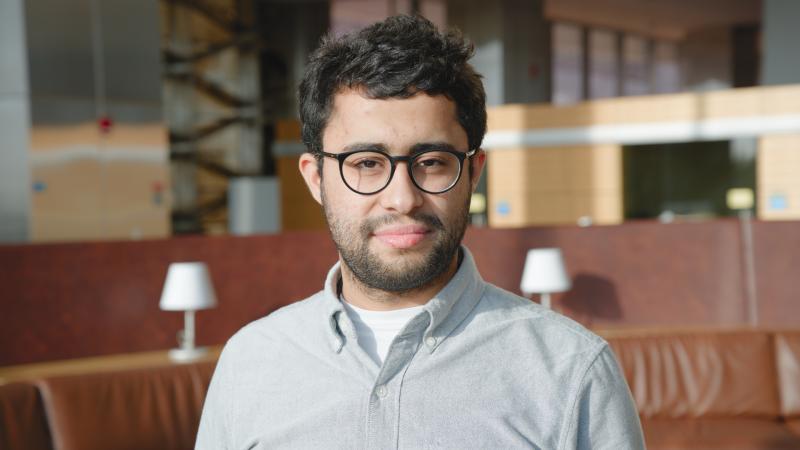KAUST Ph.D. student Adel Bibi, who works on bridging the gap between theory and practice in deep learning, believes we're living in a very exciting time.
For Bibi, this exciting time is one in which machines can be taught to perform certain tasks many times better than humans. From Google DeepMind defeating for the first time top professional players at the game of Go to OpenAI developing learning machines that can defeat world champions in Dota2, a multi-player online battle arena, the research field of teaching machines to learn—best known as machine learning/artificial intelligence—is booming.
Currently on a six-month industry experience internship with Intel in Munich, Bibi previously worked on various computer vision problems but began converging this work towards bridging the gap between theory and practice in deep learning.
"Most of these new machines that have shown tremendously exciting performances have an underlying model best known as deep learning. While we are very good at developing powerful deep learning models that can perform various types of tasks very elegantly and better than average humans, we still have little understanding of why they work the way they do," he said.
Read the full article


